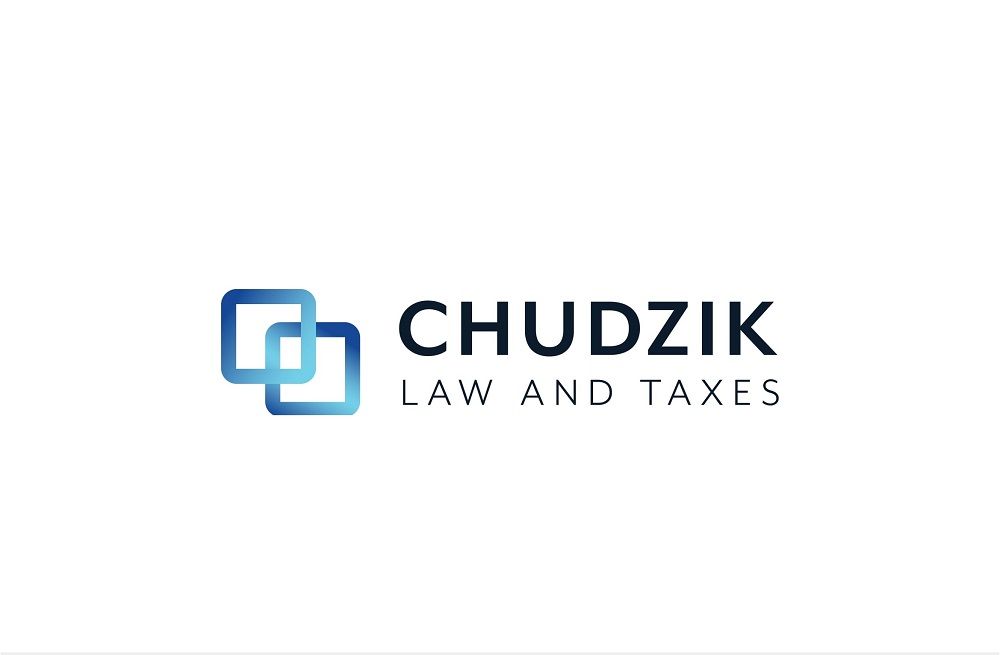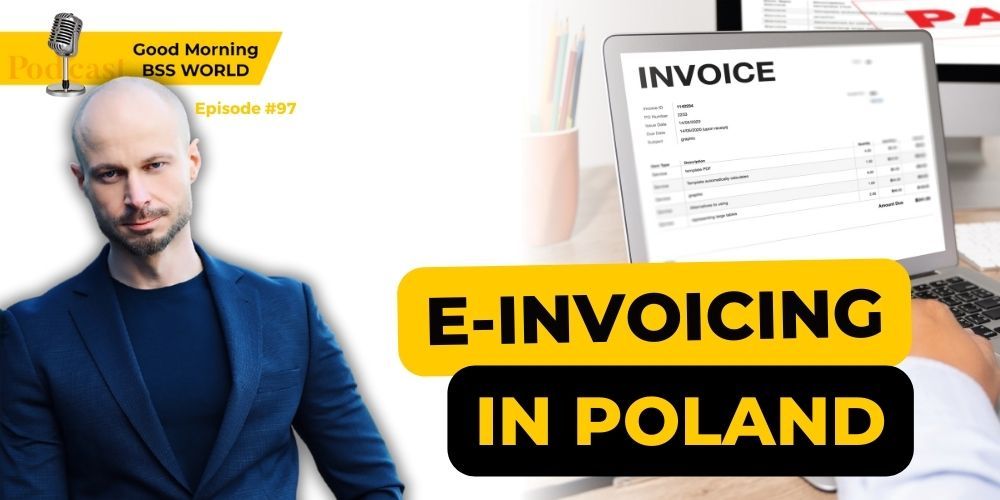SLIM VAT 3 – what changes has it brought for taxpayers, and what is ahead?

We discuss the benefits and implications of the latest tax reforms, affecting entrepreneurs in Poland.
The contemporary reality requires entrepreneurs to constantly adapt to dynamic changes in the law. The tax law, in particular. The Polish Deal, SLIM VAT 3, and the Personal Income Tax Act which was amended over 30 times last year – the legislative rush may seem never-ending and the changes impossible to follow, especially when you are preoccupied with running and managing a business.
The latest significant legislative change was the so-called SLIM VAT 3. The package, in force since 1 July 2023, has introduced several improvements and, contrary to the reflexive feelings and skepticism shared by entrepreneurs who learn about legislative changes (especially in the tax law), many alternations can be genuinely enjoyed.
First of all, due to the introduction of SLIM VAT 3, the entrepreneur whose gross sales value in 2022 did not exceed PLN 9,654,400 (a change from EUR 1.2M to EUR 2M) became a small taxpayer. Thus, the monetary limit for being a small taxpayer under the corporate and personal income tax laws has equalised. Most people know that under CIT regulations, the small taxpayer status involves a reduced tax rate (9% of the tax base).
However, some entrepreneurs forget that the same status in the case of VAT regulations allows taxpayers to use the cash accounting method when settling this tax.
What is the cash accounting method? It is a way of settling VAT, which allows the entrepreneur to defer its payment. When supplying goods or services to a registered active VAT taxpayer, it can be settled on the date when all or part of the payment is received. In the case of other clients – on receiving all or part of the payment, but within 180 days from providing the service or delivering goods. A small taxpayer who opts for the cash accounting method to settle VAT can deduct this tax only after the invoice payment date but not earlier than on the date of receiving the invoice. At the same time, under the new JPK_V7K introduced by SLIM VAT 3, a small VAT payer may submit tax returns for quarterly periods.
The benefits of the cash accounting method can now be combined with the advantages of the small taxpayer status under the income tax regulations, which will be a simplification for small and medium-sized enterprises. Obviously, not everyone has to use the cash accounting method when settling VAT. The deferral of the VAT settlement and the obligation to do it only after receiving the payment for the delivery protects against loss of financial liquidity in the event of a financial hold-up. Simultaneously, contractors who have received an invoice from a taxpayer using the cash accounting method will be able to settle VAT only after they have paid for it. Nevertheless – this change, combined with the benefits of the small taxpayer status (particularly within CIT), is a significant convenience, especially for those entrepreneurs who may struggle with payment backlogs.
Also, facilitations have been introduced to obtain binding rate (VAT), excise (excise duty) and tariff information. Following the introduced changes, this information, as in the case of individual interpretations, will be issued by the Director of the National Tax Information. Thus, the postulated consolidation in issuing information for taxpayers has finally been satisfied, albeit partially.
Another benefit brought by SLIM VAT 3 is easing regulations on VAT sanctions. The legislator, acting under pressure from the CJEU, which explicitly stated that Polish VAT regulations are incompatible with EU ones, was forced to introduce appropriate changes. If a tax return is submitted showing tax liability lower than the amount actually due, VAT sanctions will not be automatically imposed on the taxpayer if the tax amount is understated due to apparent mistakes or calculation errors.
Other changes beneficial for entrepreneurs have also been introduced in respect of the VAT, including:
- Liberalisation of the conditions for VAT refund to taxpayers who make cashless transactions (reducing the need to sell with online/virtual cash registers from twelve to six months) and reducing the requirement of registered sales from PLN 50,000 to 40,000 gross).
- Increasing the possibility of paying expenses from the VAT account. Currently, monies from this account can also be used to pay liabilities resulting from, e.g. retail sales tax, minerals tax, sugar levy and other taxes.
SLIM VAT 3 has also amended other acts. For instance, in the tax on inheritance and donations, the tax-free amounts were increased in the first group by more than three-fold – from PLN 10,434 to PLN 36,120, and in the second group – from PLN 7,878 to PLN 27,090. In the third group, the difference is slight – the free amount changed from PLN 5,308 to PLN 5,733.
It is necessary to emphasise that other changes have also been introduced within the SLIM VAT 3 package. In terms of income tax – the scope of income of natural persons taxed at the 19% flat rate has increased (including certain benefits received from the income of a capital fund, redemption, and buyback of a title to participation in a capital fund). It should be remembered, however, that these changes will only come into force from 1 January 2024.
In conclusion, as the taxpayer shall not live by SLIM VAT 3 and its benefits alone, it should be recalled that on 1 July 2023, colloquially speaking, the COVID-19 epidemic ended in Poland. Therefore, the changes suspending or changing specific tax dates cease to apply. The taxpayers who used tax schemes during the pandemic must be especially cautious. The suspended obligation to report them has returned, and failure to timely do so may result in penal and fiscal liability. However, returning to the "regular" three-month period for obtaining an individual interpretation may be happy news.
To sum up, the SLIM VAT 3 package has introduced many beneficial changes. The time has come to consider how they can be used in businesses. At the same time, the tax law must be continuously monitored by entrepreneurs, and this issue has not and will not change. In particular, we advise you to start preparations, regardless of the scale of your business, for the implementation on 1 July 2024 of the National eInvoice System (KSEF), which shall revolutionise issuing and receiving invoices as well as settling VAT.
Authors:
Dorota Chudzik, General manager, Tax advisor, CHUDZIK i WSPÓLNICY Law and Taxes
Jakub Bizoń, Tax advisor, CHUDZIK i WSPÓLNICY Law and Taxes
This article comes from magazine:
FOCUS ON Business #12 September-October (5/2023)
 Check the issue
Check the issue








